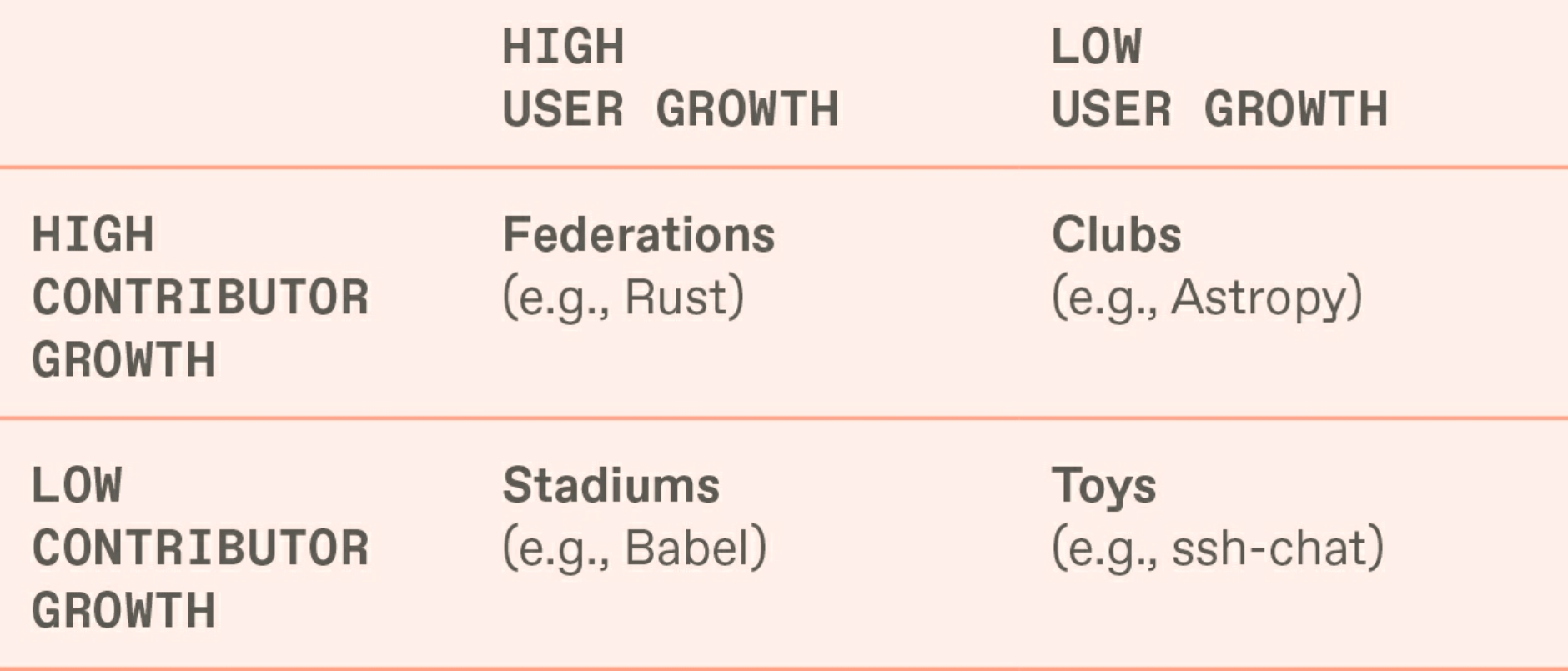## Introduction
As our lives are increasingly digitized, creating new modes of interaction, communication, and creation, the concept of a "public good" evolves to include not just physical resources, but digital ones as well. Digital public goods, like open-source software, are freely available to everyone, forming the backbone of our online world.
Yet, despite the immense societal value they generate, open source projects often grapple with the existential challenge of securing stable funding. This essay proposes a solution: programmable retrospective funding.
## Programmable retro-funding
Programmable retrospective funding is a novel, digitally-native approach to funding open source. It relies on predefined rules to allocate funds to projects based on the value they have already provided, hence the terms "retrospective" and "programmable". This innovative approach could be the answer to the struggles faced by open-source initiatives, from household names like Wikipedia to less visible yet crucial projects.
## Proven Impact: Fund projects based on their established track record and demonstrated value, rather than speculative future promises
The inherent unpredictability of software projects often makes prospective funding a gamble. Retrospective funding, on the other hand, is a much safer bet, supporting projects that have already established their value and impact.
## Permissionless Monitoring: Make it so all stakeholders can see what's happening within a project, providing a transparent view of the project's progress and finances
With the transparency and openness that's characteristic of the open source ethos, stakeholders can monitor progress and financial flow. By using public repositories on platforms like GitHub or financial tools like Open Collective, we can get an unprecedented look into the workings of a project.
## Fluid Entity Constructions: Embrace the often decentralized nature of open source, where the lines between contributor and user are blurry, and there is often no traditionally organized entity behind the project.
This image describes a useful categorization of open source projects, proposed by Nadia Asparouhova:

In this model, "clubs" and "federations" face unique funding challenges due to their high degree of decentralization. Solutions like Open Collective and cryptocurrency funding address these challenges, providing infrastructure for efficient money handling without creating administrative burdens.
## Plural Definitions of ROI: Encourage a multitude of ROI definitions and impact metrics in recognition of the fact that open source projects impact various participants and layers of the stack differently.
Because no single metric can capture the full impact of an open source project, we should turn to a collective intelligence approach where communities define their own ROI benchmarks. These benchmarks, informed by transparent financial data and observable impact outcomes, will be better suited to the unique needs of individual communities.
## Programmable Funding Streams: Pre-define the rules for distribution of funds across multiple projects and contributors, fostering a fair and incentivized ecosystem.
The power of programmability in this context lies in its ability to automate and simplify the distribution of funds, while being adaptable to changing needs and structures. Platforms like Protocol Guild, Gitcoin, and Optimism RPGF have pioneered the use of programmable funding to incentivize and reward contributors.
## Speedrunning Public Goods Funding
Programmable retrospective funding offers a dynamic solution to the enduring challenge of sustainable open source funding, aligning better with the characteristics and needs of digital public good creators. In doing so, it accelerates the evolution of public goods financing, adopting digitally-native mechanisms for raising, distributing, and measuring the impact of funds.
To fund our digital public goods more effectively, it's crucial that we embrace programmable retrospective funding. By adapting to the decentralized, transparent, and impact-driven nature of open source, we can ensure these vital digital public goods continue to thrive, making our increasingly digitized world more resilient, innovative, and equitable.